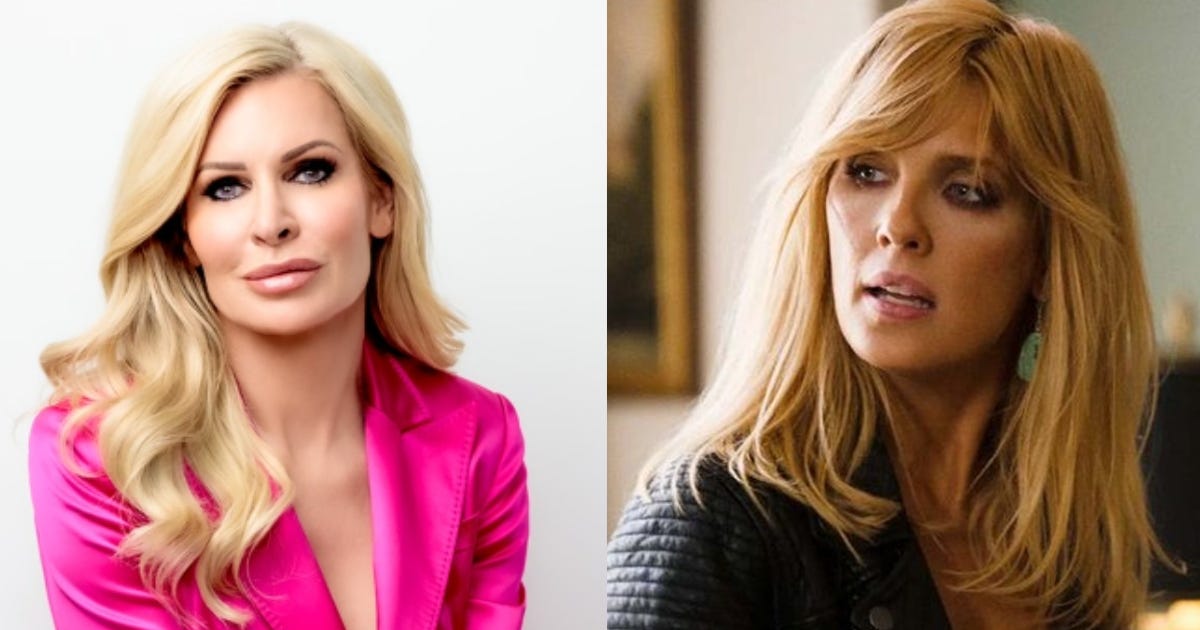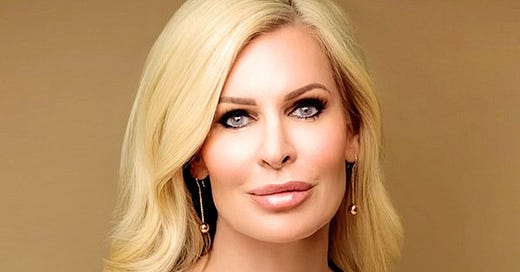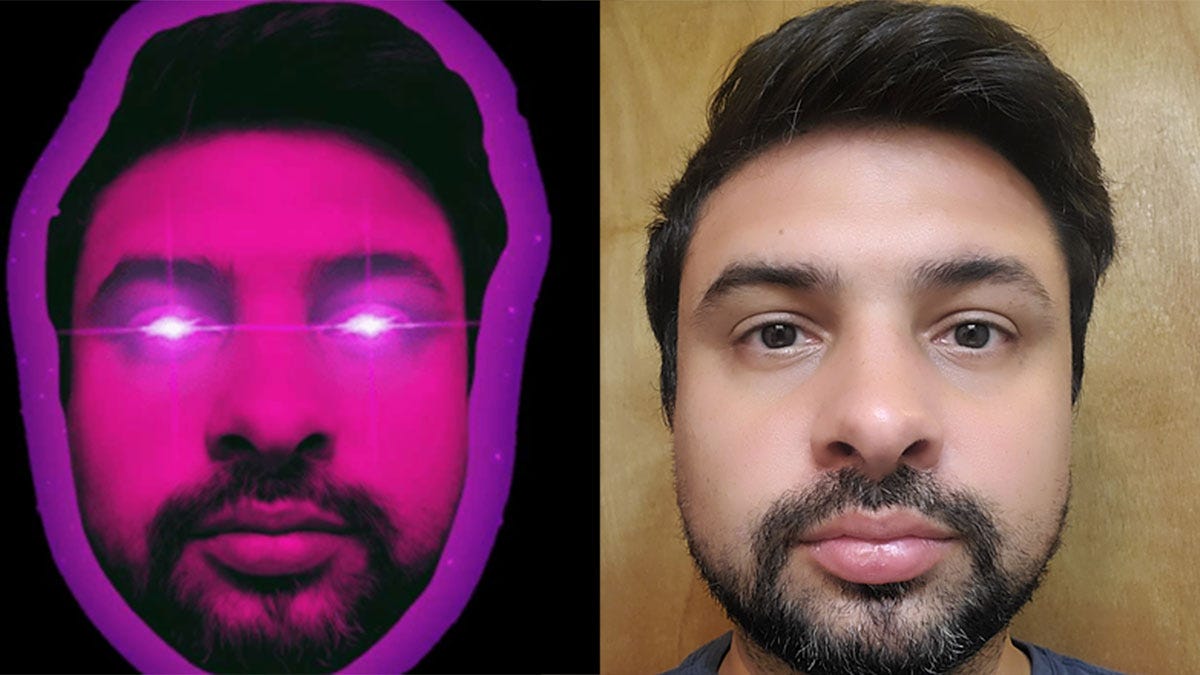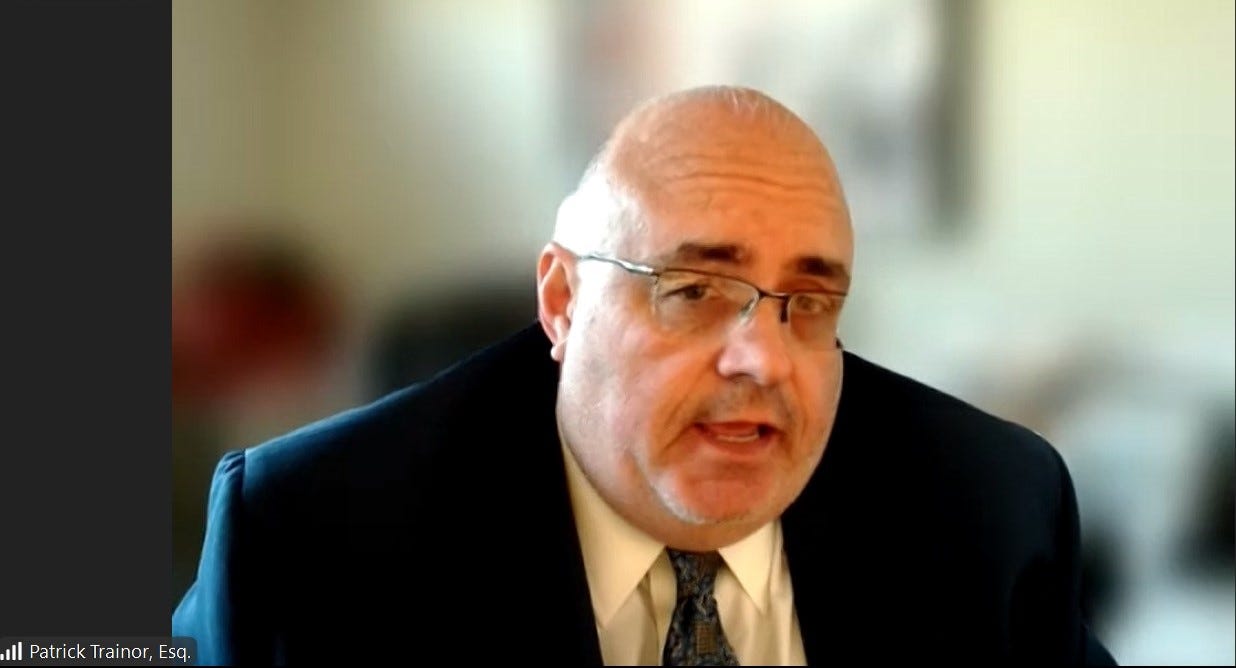By Richard Luthmann
Jennifer Couture, a Florida businesswoman targeted by a viral TikTok doxxing campaign in 2022, has emerged as a voice for those harmed by cancel culture. In a recent Newsweek article, Couture reflected on how the tides may be turning.
"I don't think it would have the same backlash now as it did in 2022," Couture said. "I think there's more awareness, and I think people are not as afraid to stand up or to speak their mind."
Couture’s ordeal began with a parking lot altercation that TikTok influencer Danesh Noshirvan, also known as the “SCOTUS Doxxer,” amplified to his millions of followers.
Known for his digital vigilantism, Noshirvan has used his platform to target individuals with selectively edited videos, often sparking waves of online harassment.
Couture’s case became a flashpoint in the debate over cancel culture’s impact on individuals and society.
The Dunkin’ Donuts Incident
In January 2022, Couture was involved in a minor dispute with another driver, TikToker "Anj," in a Dunkin' Donuts parking lot in Fort Myers, Florida. What could have been a forgettable interaction turned into a national scandal after Anj posted an edited video of the incident.

The video caught the attention of Noshirvan, who shared it with his followers, labeling Couture a “Karen.”
Noshirvan’s video left out critical context, according to Couture. She maintains that her actions were defensive and aimed at de-escalating the situation while protecting her young daughter, who was in the car.
“What people didn’t see was the constant provocation, the yelling, and my effort to leave the situation safely,” Couture explained.
But Noshirvan didn’t stop with the video. He also doxxed Couture, sharing her personal information—including her name, address, and workplace—online. This act triggered an onslaught of harassment against Couture, her family, and her husband’s business, Garramone Plastic Surgery.
"My life has been turned upside down, and I’m being judged for a few seconds of video taken out of context," she said.
The Fallout: Harassment and Professional Harm
Once Noshirvan doxxed Couture, his followers flooded her family with threats, harassing calls, and online abuse. Dr. Ralph Garramone, Couture’s husband and a respected plastic surgeon, saw his practice targeted with negative reviews and appointment cancellations.
Staff had to field a constant stream of abusive messages, forcing the family to spend thousands on public relations and security measures.
"Every time Danesh posts about us, it’s a tidal wave of negativity—reviews tank, patients cancel, and the phone doesn’t stop ringing,” Garramone said. “Danesh's actions led to a significant drop in patient appointments and trust in our services."
A Broader Pattern of Digital Vigilantism
Couture’s case is not an isolated incident. Noshirvan has built his TikTok brand by targeting individuals and creating outrage-driven content. Most notoriously, he doxxed conservative U.S. Supreme Court Justices following the Dobbs v. Jackson Women’s Health Organization decision, releasing their personal addresses and sparking protests outside their homes.
Justice Brett Kavanaugh received death threats after the online doxxing campaign.
This pattern of behavior has drawn criticism from legal experts and cultural commentators.
"Cancel culture seeks to reduce a person's personality and worth to a short video devoid of context,” attorney Aryeh Nierman said in Newsweek.
“Our society is becoming less tolerant of those who make it their mission to target other people by posting videos of them designed to spark outrage and prompt online bullying.”
Noshirvan’s actions have also raised questions about TikTok’s role in enabling such behavior. Despite his history of harassment, TikTok has allowed him to continue monetizing his platform, splitting revenues from virtual gifts and tips.
"This isn’t just about one influencer or one platform. It’s about creating legal standards that protect individuals from digital harassment and ensure social media isn’t weaponized," said Patrick Trainor, Couture’s attorney speaking on emerging issues in Internet law.
Critics argue social media revenue-sharing model incentivizes harmful content and makes the platform complicit in harassment campaigns.
Legal Challenges and Cultural Shifts
Couture has taken her fight to court, filing lawsuits against Noshirvan for defamation, harassment, and doxxing. The cases, pending in the Middle District of Florida, aim to hold him accountable for the harm caused.
"I’ve had my name dragged through the mud, my family threatened, and my business attacked by someone who profits from Cancel Culture. Enough is enough,” Couture said.
Her legal battle is part of a broader cultural reckoning. Recent shifts in public sentiment suggest that cancel culture influencers like Noshirvan may be losing their grip.
“I think people are starting to see through the performative outrage,” Couture said. “There’s more awareness now, and people are less afraid to speak up.”
A Decline in Cancel Culture?
Couture’s case has become emblematic of the growing backlash against cancel culture. Public figures and private citizens alike are increasingly calling for accountability and context in online discourse.

"Beth Dutton wouldn’t back down from a fight, and neither will I,” Couture said, referencing the fierce, uncompromising character from the television series Yellowstone.
As Couture continues her fight, her story serves as a rallying cry for those harmed by cancel culture. Legal battles like hers could set precedents for holding influencers accountable and curbing the unchecked power of digital mobs.
In a society moving beyond the fear of speaking out, Couture’s stand may signal the beginning of the end for cancel culture as we know it.



















Share this post